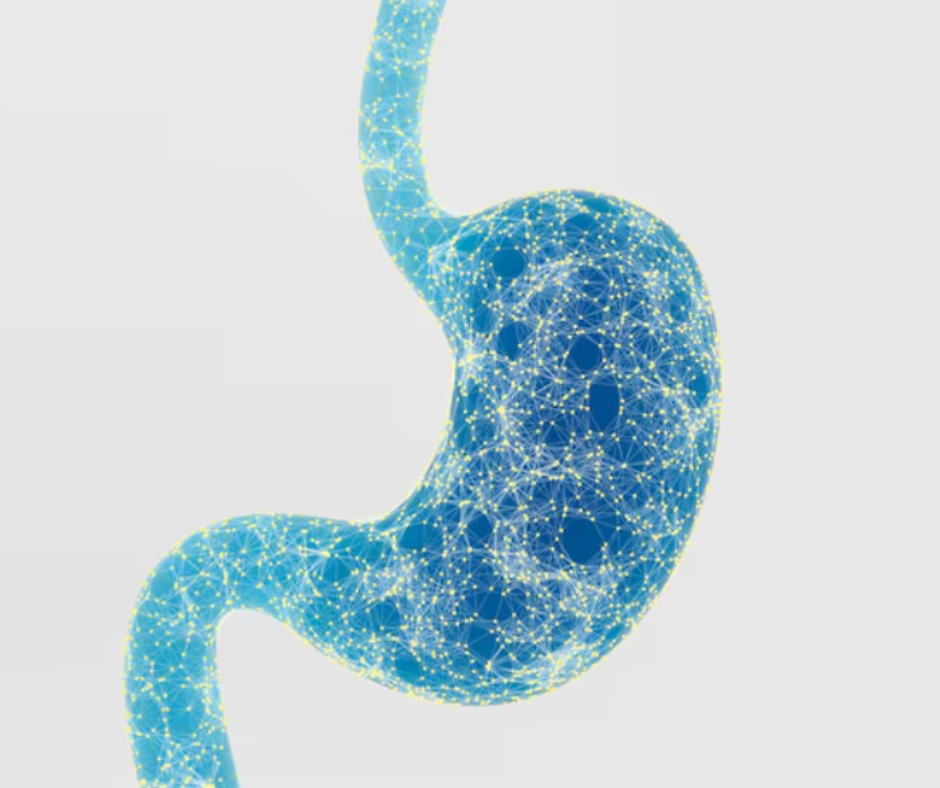Gastroenterologist – Specialist in Digestive Health and Wellness
- livercarecenter23
- Nov 5, 2025
- 4 min read
Digestive health plays a vital role in maintaining overall well-being. From the food we eat to how our body processes and absorbs nutrients, every step involves complex interactions within the digestive system. However, with today’s fast-paced lifestyle, irregular eating habits, stress, and processed food consumption, digestive problems have become more frequent than ever.
That’s where a Gastroenterologist steps in — a medical expert who specialises in diagnosing and treating conditions related to the digestive system. This includes the oesophagus, stomach, intestines, liver, pancreas, and gallbladder.
Who Is a Gastroenterologist?
A Gastroenterologist is a highly trained physician who focuses on disorders of the gastrointestinal (GI) tract. After completing medical school, they undergo years of specialised training in internal medicine and gastroenterology.
These specialists handle everything from acid reflux and ulcers to liver disease, gallstones, and colon cancer. They use advanced diagnostic tools such as endoscopy, colonoscopy, and imaging techniques to detect and treat digestive disorders effectively.
What Does a Gastroenterologist Treat?
Here are some of the most common conditions managed by a gastroenterologist:
Acid Reflux and GERD – Chronic heartburn, chest discomfort, or acid taste in the mouth caused by stomach acid flowing into the esophagus.
Gastritis and Ulcers – Inflammation or sores in the stomach lining due to infection or prolonged medication use.
Irritable Bowel Syndrome (IBS) – A common condition causing bloating, cramps, and irregular bowel habits.
Inflammatory Bowel Disease (IBD) – Includes Crohn’s disease and ulcerative colitis, which cause inflammation of the intestines.
Liver Disorders – Such as fatty liver, hepatitis, and cirrhosis.
Gallbladder Problems – Gallstones or infections leading to severe pain and indigestion.
Pancreatitis – Inflammation of the pancreas caused by alcohol or gallstones.
Celiac Disease – A gluten-related autoimmune disorder affecting the small intestine.
Colon and Rectal Cancer – Early diagnosis through colonoscopy saves lives.
Each of these conditions can impact your quality of life, and timely treatment is essential.
Common Symptoms That Need Attention
If you’re experiencing persistent digestive issues, it’s important to consult a gastroenterologist. Key warning signs include:
Persistent heartburn or acid reflux
Abdominal pain or cramps
Bloating or indigestion
Blood in stool
Sudden weight loss
Chronic constipation or diarrhea
Nausea and vomiting
Yellowing of eyes or skin (Jaundice)
Ignoring these symptoms can worsen the condition, making early diagnosis crucial.
Diagnostic Tests and Procedures
Gastroenterologists use specialized procedures to identify digestive issues:
Endoscopy: Examines the upper digestive tract using a thin, flexible tube with a camera.
Colonoscopy: Inspects the colon for ulcers, polyps, or cancer.
Ultrasound / CT Scan: Helps visualize liver, pancreas, and gallbladder conditions.
Liver Function Tests: Measures enzyme levels to assess liver health.
Stool Tests: Detects infections or bleeding.
These diagnostic tools help pinpoint the exact problem and enable effective treatment planning.
Modern Treatment Approaches
Gastroenterologists use a combination of medical treatments, lifestyle modifications, and minimally invasive procedures to manage digestive health:
Medication Management: Antacids, antibiotics, or anti-inflammatory drugs to control infections and acid imbalance.
Lifestyle Modifications: Stress management, healthy diet, and regular exercise.
Endoscopic Surgeries: To remove polyps, control bleeding, or repair strictures.
Nutritional Counseling: Personalized diet plans to restore gut health.
Liver and Pancreas Care: Specialized therapies for chronic liver conditions.
Each treatment is tailored to the individual’s health condition and overall lifestyle.
The Role of Diet and Lifestyle
Your digestive system is directly affected by what you eat and how you live. Gastroenterologists often emphasize these key habits:
Eat balanced meals rich in fruits, vegetables, and whole grains.
Stay hydrated throughout the day.
Avoid junk, fried, and processed foods.
Include probiotic-rich foods like yogurt to support gut bacteria.
Practice mindful eating and avoid overeating.
Reduce stress, which directly affects gut health.
These simple changes can prevent several digestive disorders and improve your overall energy levels.
Preventive Gastroenterology – Staying Ahead
Preventive care plays a vital role in maintaining digestive health. Regular checkups help in early detection of conditions like colon cancer or liver disease. Key preventive steps include:
Routine health checkups once every year.
Screening colonoscopies for people above 40 or with family history.
Vaccination against Hepatitis A and B.
Avoiding smoking and alcohol.
Regular exercise for healthy metabolism.
Taking small preventive measures today ensures a healthier tomorrow.
Importance of Gut Health
Your gut is often called your “second brain” because it influences not only digestion but also mood, immunity, and metabolism. A healthy gut supports better nutrient absorption and energy production. Gastroenterologists help patients restore their gut health by managing imbalances in gut bacteria and recommending a diet that suits their body type.
When Should You Visit a Gastroenterologist?
You should consider consulting a specialist if you experience:
Long-term digestive discomfort
Irregular bowel movements for over two weeks
Difficulty swallowing
Bloating or gas after every meal
Any sign of bleeding in the stool
Early consultation can help prevent complications and improve treatment outcomes.
Conclusion
Your digestive system is a powerful yet delicate part of your body. It deserves proper attention and expert care. A Gastroenterologist not only diagnoses and treats diseases but also guides you toward maintaining lifelong digestive wellness through personalised treatment and preventive care.
Whether you are dealing with mild acidity or a chronic liver condition, don’t ignore the signs your body gives you. Visit a trusted gastroenterologist and take the first step toward better health.



Comments